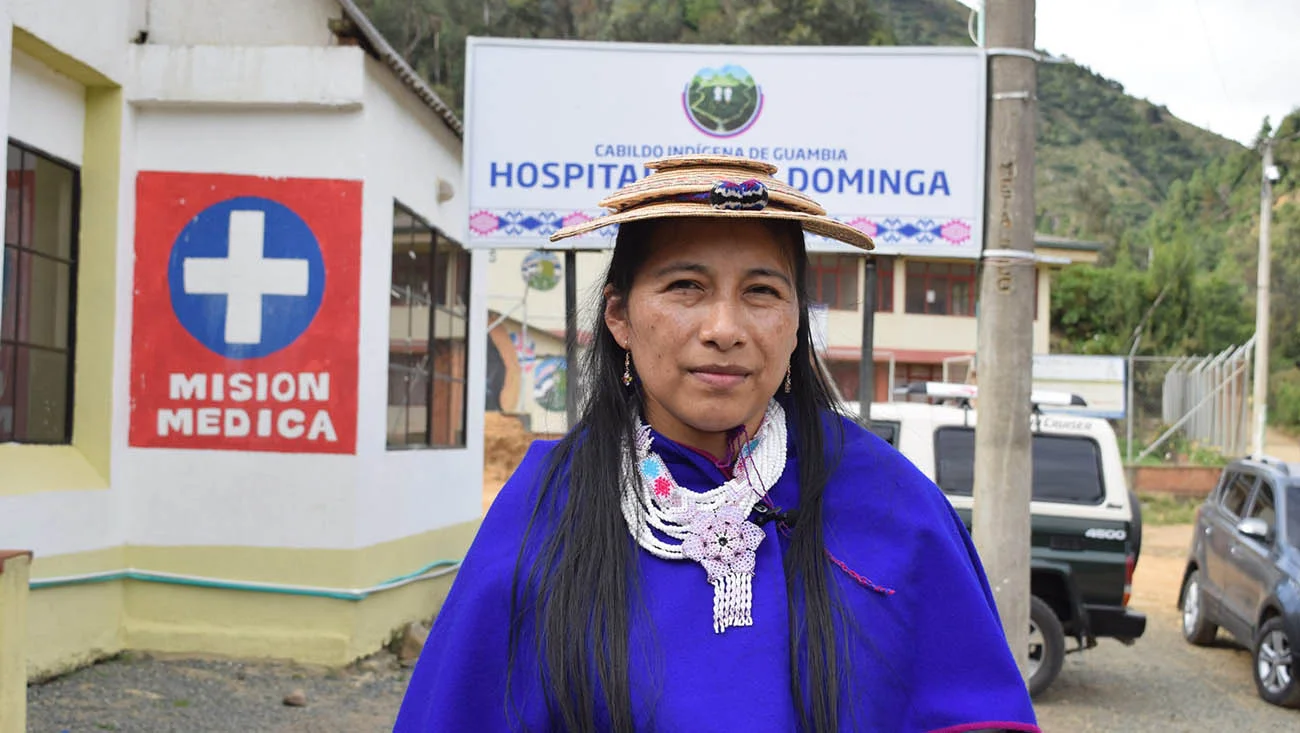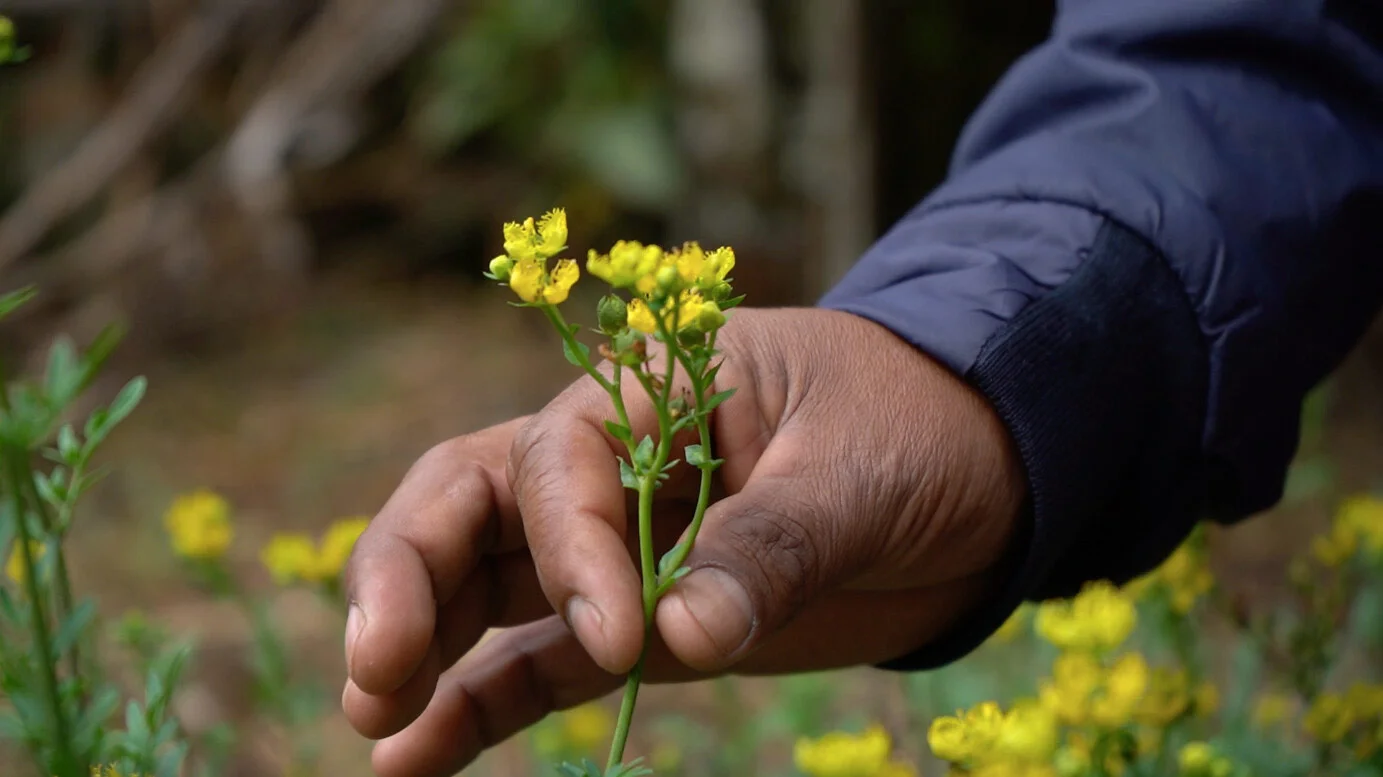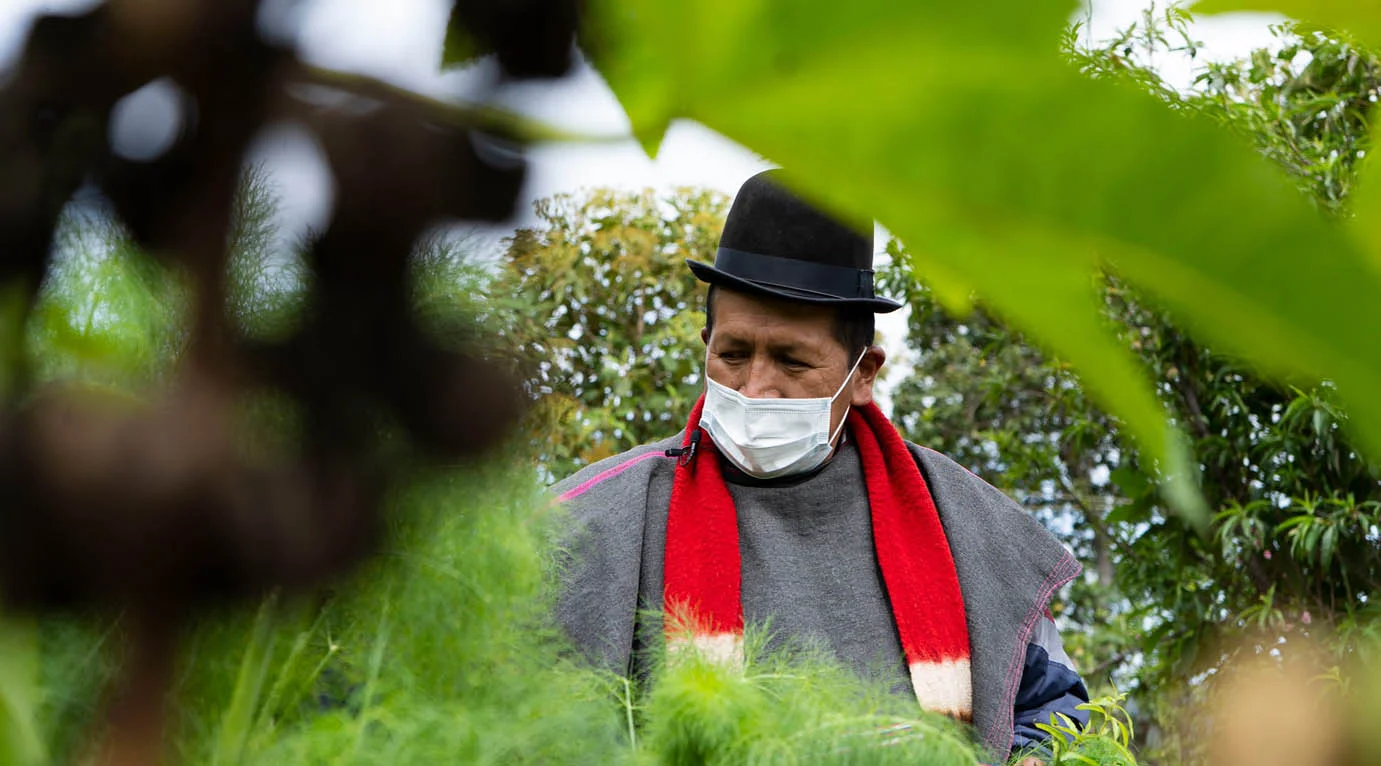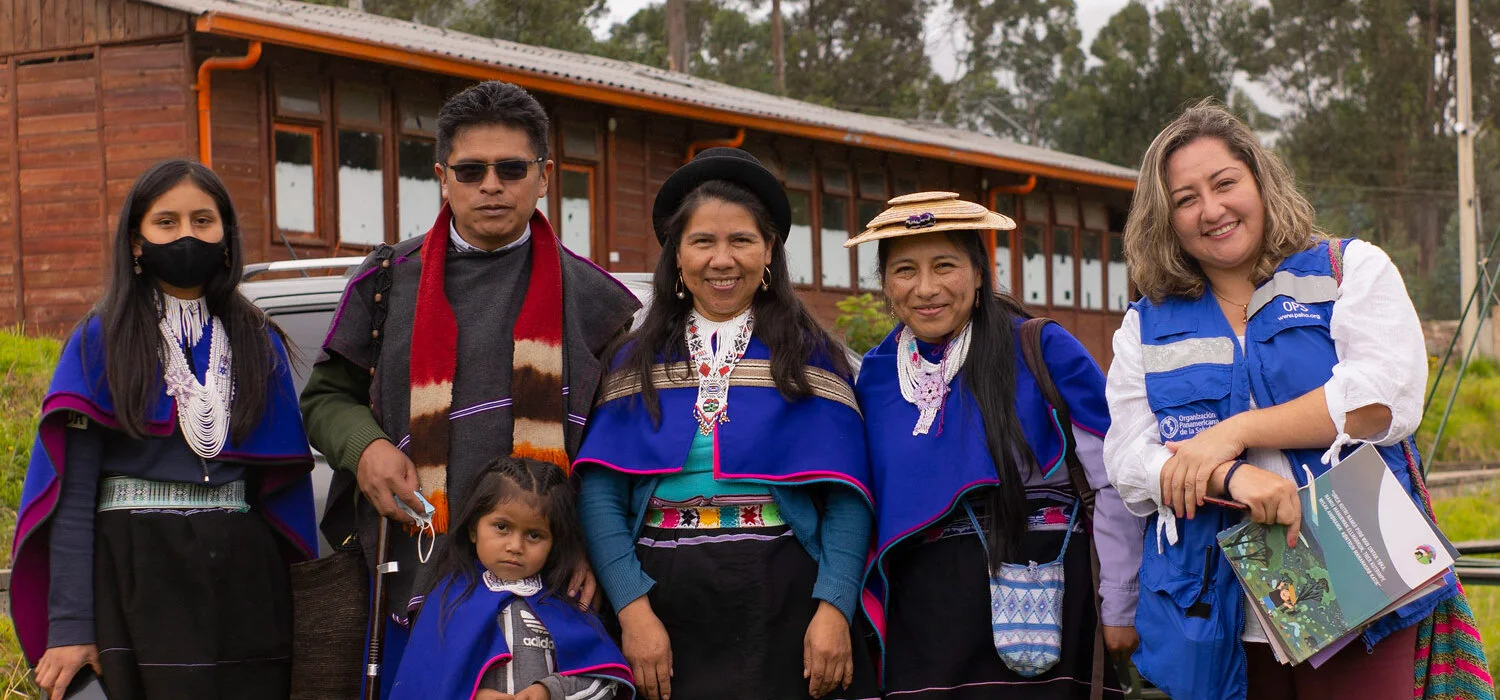 Health Promotion and Disease Prevention in Indigenous Peoples, with Emphasis on COVID-19
Empowering communities through culturally appropriate communications and engagement
Health Promotion and Disease Prevention in Indigenous Peoples, with Emphasis on COVID-19
Empowering communities through culturally appropriate communications and engagement

Challenges
Communication for health promotion and disease prevention has been a subject of discussion since the Declarations of Alma Ata and Ottawa (1986). Ethnic populations in the Americas need reliable information in their own languages that is relevant to their customs, needs and worldviews. Hence, the need to prepare health communication strategies using an intercultural approach that can improve the living conditions of indigenous peoples.
The COVID-19 pandemic has once again brought public attention to the tremendous health needs of indigenous peoples, which are the result of various complex problems, including major barriers to access to ethnically relevant services as a result of geographical and cultural barriers, scarcity of economic resources and a lack of health workers trained in an ethnicity approach to health. These problems have been exacerbated and made more evident by the COVID-19 pandemic.
To address these challenges and barriers, it is necessary to strengthen the capacities of health personnel and community leaders to promote, prevent and manage health risks and provide treatment, as well as develop participatory communication strategies that make it possible to adapt the health recommendations of Western medicine to the contexts of traditional medicine, always considering the realities of indigenous peoples. This requires methodologies founded on dialogue and ethnography, so that––through knowledge dialogue––a population can receive sufficient relevant information to foster voluntary access to life-saving therapeutic options such as vaccines. An ethnicity approach allows action to be taken in a way that minimizes physical and psychological harm.
Towards a Solution
In Colombia, PAHO/WHO has prioritized the importance of communication in community interventions to foster change. Communication should be understood as dialogue, not simply as the transmission of information. Communication must allow for thoughtful exchange of information between actors, using a variety of media, strategies and methodologies. Communication must prioritize the relationships among actors, recognize their abilities and knowledge and encourage reflection, dialogue and participation.
The initiative promotes the collective construction of healthy living through participatory communication strategies that are culturally relevant to indigenous peoples and that create favourable conditions for the individual and collective adoption of behaviours that promote health and well-being, including an emphasis on COVID-19 prevention. Specific objectives include:
- identify and prioritize situations that can be improved through collective participation processes that have positive impacts on the health and well-being of indigenous peoples;
- design and implement effective communication strategies that facilitate community participation in activities that incorporate practices which improve health and contribute to the quality of life; and
- identify and prioritize situations that affect collective health and well-being and that can be improved through participatory processes.
This strategy has been implemented in ten indigenous communities in territories of the Amazon, Nariño, and Magdalena regions, where the towns each have highly complex social contexts, rich biodiversity and culture and multiple problems involving violence, poverty and drug trafficking, making them highly vulnerable.
From this conceptual perspective, the initiative's approach to communication construes communication as a dimension of life and social relations. Such an approach makes it possible to advance the objective of health promotion in a way that fosters well-being by incorporating indigenous peoples' concept of being a part of nature and of the transcendent world. On these bases, it is possible to create conditions in which individuals and groups can develop the capacity to act, empower themselves and make thoughtful consensus-based decisions about what individual, family and collective health care means, as well as generate processes that embody co-responsibility for the health system.
The recent experiences in Amazonas and Nariño have begun to show the benefits of conducting knowledge dialogues with communities that allow them to appropriate knowledge and multiply it, generating thought that can inform action.
To achieve sustainability, PAHO/WHO, in the framework of the different actions taken in the implementation of the Policy on Ethnicity and Health (operationalized through South-South and Triangular Cooperation), is encouraging territorial authorities to take ownership of the health interventions executed through the initiative through:
- strengthening community capacities for social participation in health and by including the ethnic approach in public health activities;
- consulting with participating indigenous organizations for the continuation of dialogue on the implementation of public health actions;
- considering information as a part of health care, and informed decision-making in indigenous communities regarding COVID 19; and
- encouraging acceptance of COVID-19 vaccination in indigenous communities.
Contact Information
Countries involved
Supported by
Implementing Entities
Project Status
Project Period
URL of the practice
Primary SDG
Primary SDG Targets
Secondary SDGs
Secondary SDG Targets
Similar Solutions
| NAME OF SOLUTION | Countries | SDG | Project Status | |
|---|---|---|---|---|
100% Online Electronic Apostille and Legalization Sharing Colombia’s effective e-government system with other countries in the region |
Colombia, Ecuador, Peru | 16 - Peace and Justice Strong Institutions | Completed | View Details |
A-Card Initiative |
Colombia, Ecuador, Peru | 10 - Reduced Inequalities | Completed | View Details |
Accelerating Digital Transformation in All Ministries in Bangladesh Promoting the rapid design and implementation of plans to digitize all ministries and subordinate government institutions in Bangladesh |
Colombia, Ecuador, Peru | 10 - Reduced Inequalities | Ongoing | View Details |
Accessible Digital Textbooks Promoting inclusive education through Accessible Digital Textbooks |
Colombia, Ecuador, Peru | 10 - Reduced Inequalities | Completed | View Details |
ADELANTE Triangular Cooperation European Union – Latin America and the Caribbean |
Colombia, Ecuador, Peru | 10 - Reduced Inequalities | Ongoing | View Details |



